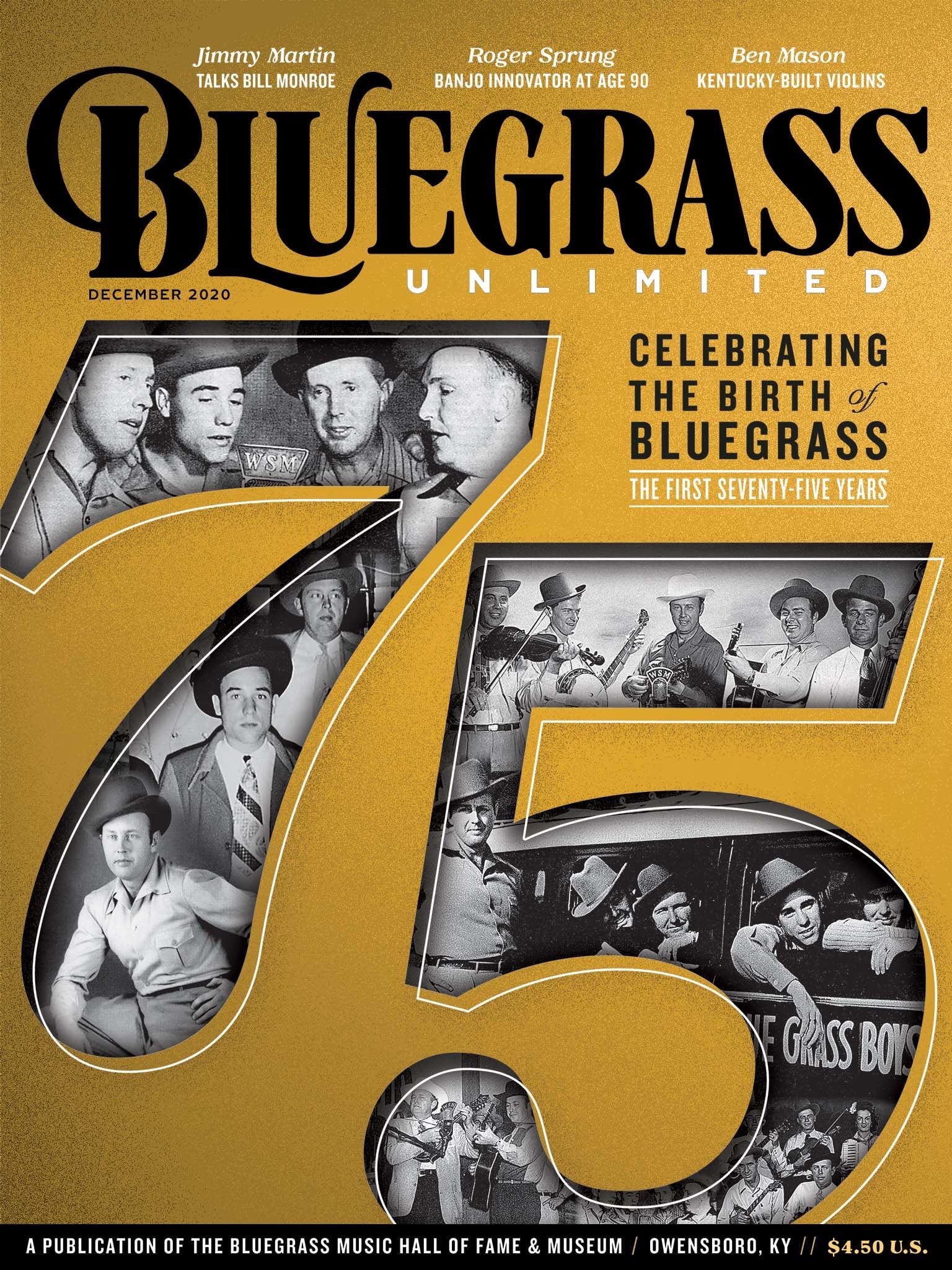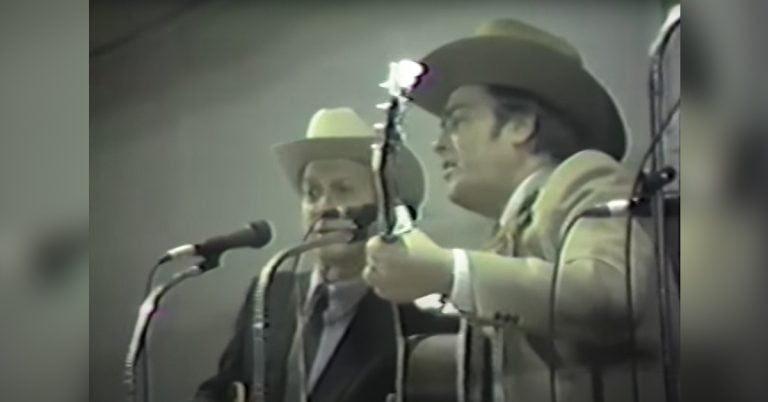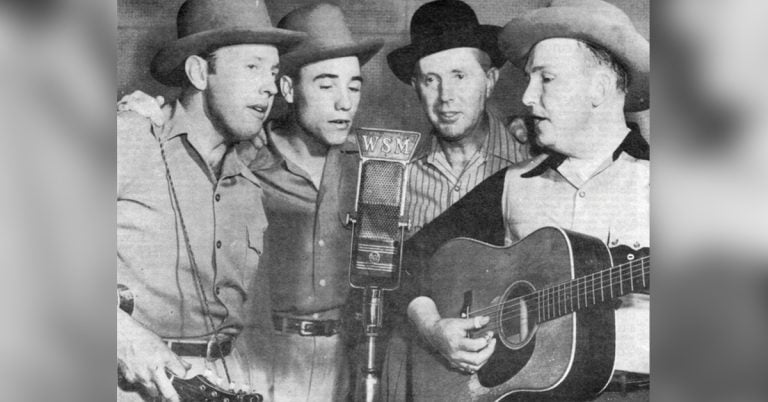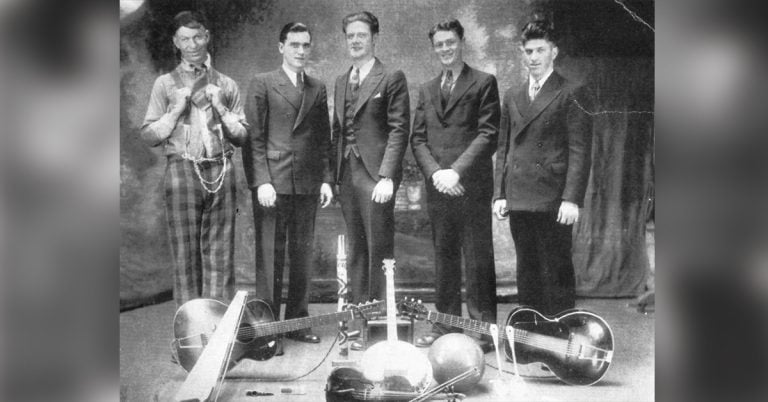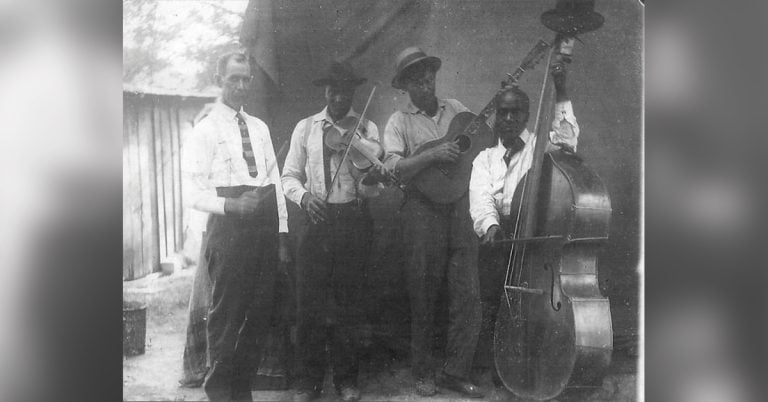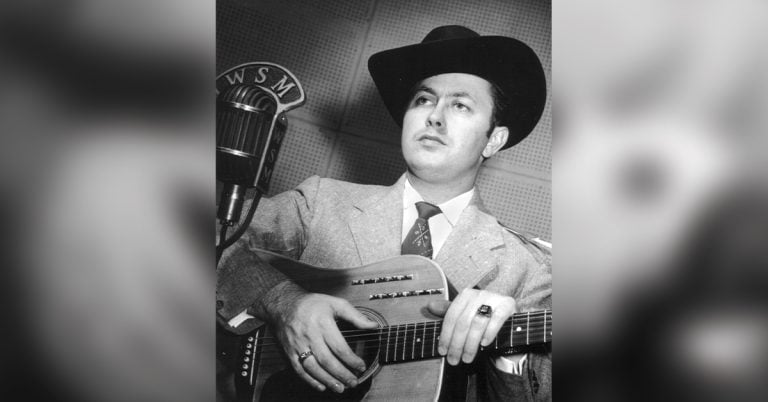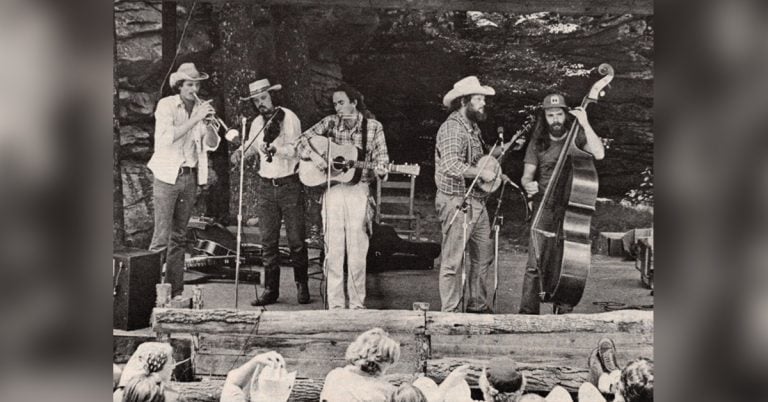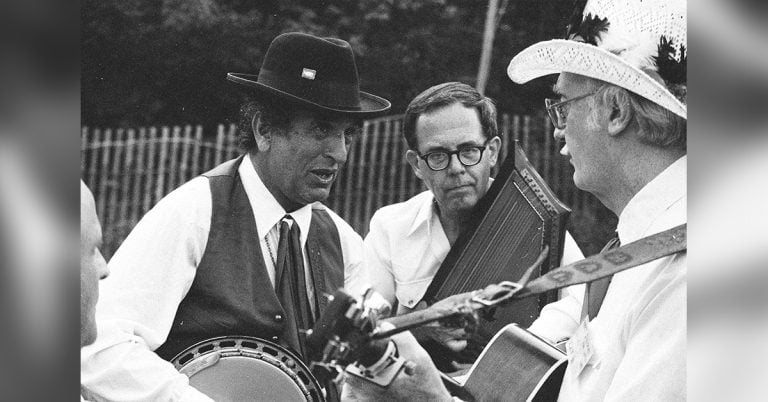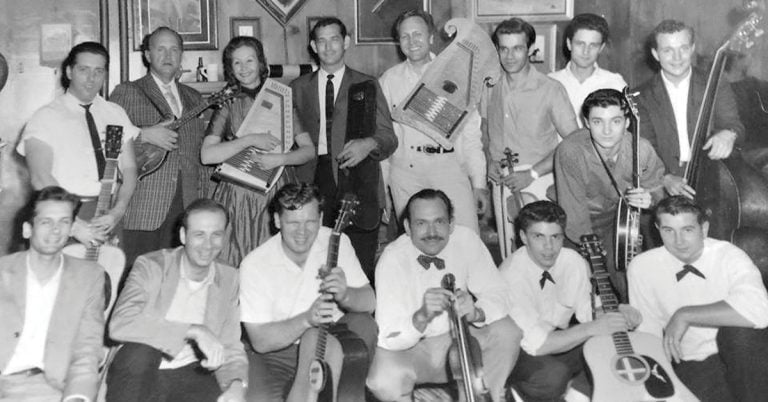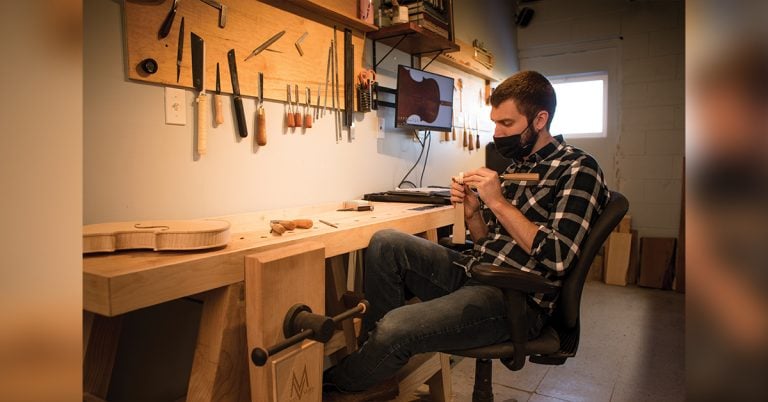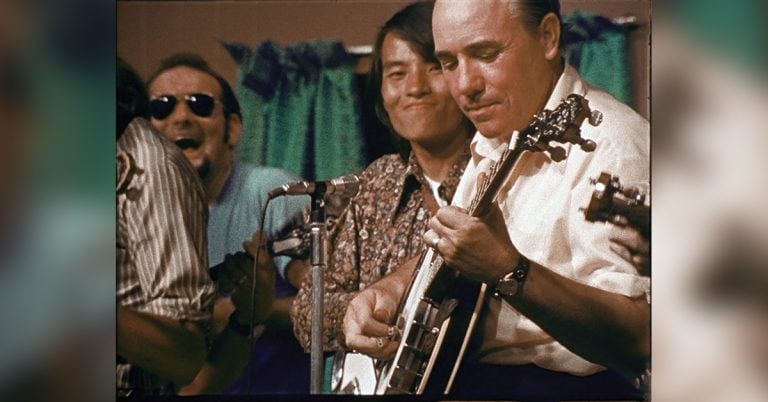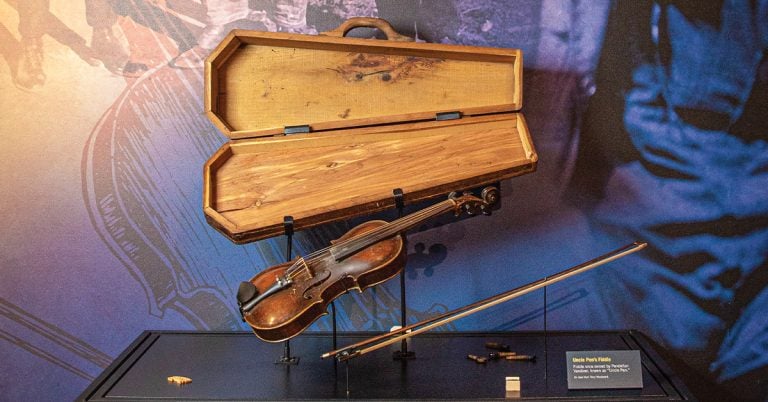Current Issue December 2020
The Tradition
NOTES In the September 2020 column, there was a discussion of legendary fiddler John Ashby of Warrenton, Va., and the Ashby clan of Fauquier County. One member of the clan…
Read MorePeter Rowan has said, “When you are standing next to the fire that is Bill Monroe, you will ignite.”1 From the first time Bill Monroe and his Blue Grass Boys…
Read MoreIn the formative days of bluegrass, bands sought to offer a well-rounded entertainment package. Music, naturally, was the core of the programs but comedy was always an important component. Ralph…
Read MoreThe Arnold Shultz Fund is launched in honor of influential western Kentucky musician In July 2020, the IBMA Foundation established the Arnold Shultz Fund to support activities increasing participation of…
Read MoreJimmy Martin As we celebrate the 75th anniversary of the beginning of the bluegrass genre, Bluegrass Unlimited magazine will look deep into what made those first-generation bluegrass artists tick. At…
Read MoreThere are certain questions that anyone who plays bluegrass has encountered more than once from well-intentioned (mostly) listeners. “Is that a ukulele?” to the mandolinist. “What’s the difference between a…
Read MoreThe Artists
Who is the big man in the white shirt, black slacks and two-tone shoes, crowned with a homburg hat? And is he really a pioneer and living legend of the…
Read MoreThe Sound
I first met the double-genius, Dr. Benjamin “Tex” Logan, in the mid ’60’s. My long-time friend and guitar player, Bernie Coveney, and I had recently discovered bluegrass music (in New…
Read MoreThe Venue
Taking Us Back to 1971 For those in the bluegrass community who have been unable to attend live festivals since February because of COVID-19, a trip back to Carlton Haney’s…
Read MorePhotos By Jamie Alexander So says the song that Bill Monroe wrote about his fiddle playing Uncle Pendleton Vandiver, brother to his mother, Malissa. Speaking of his Uncle Pen in…
Read MoreReviews
Sorry, we couldn't find any posts.
